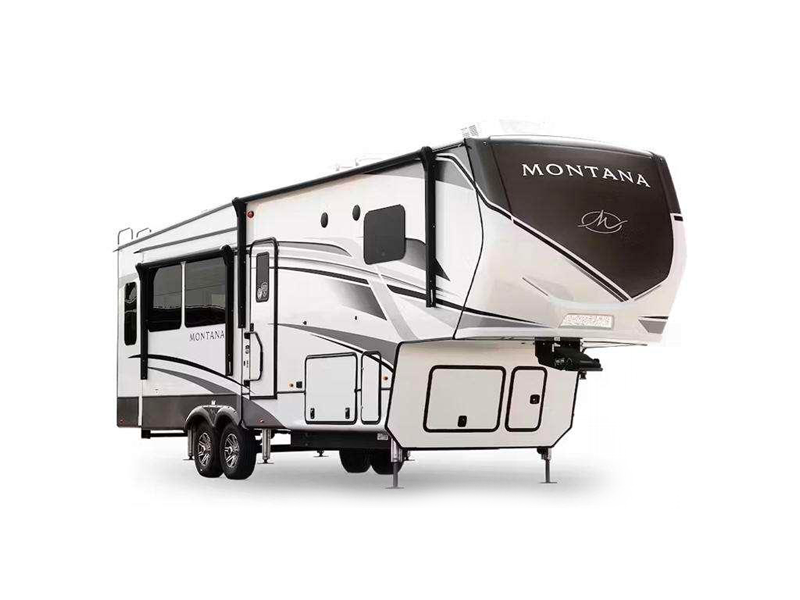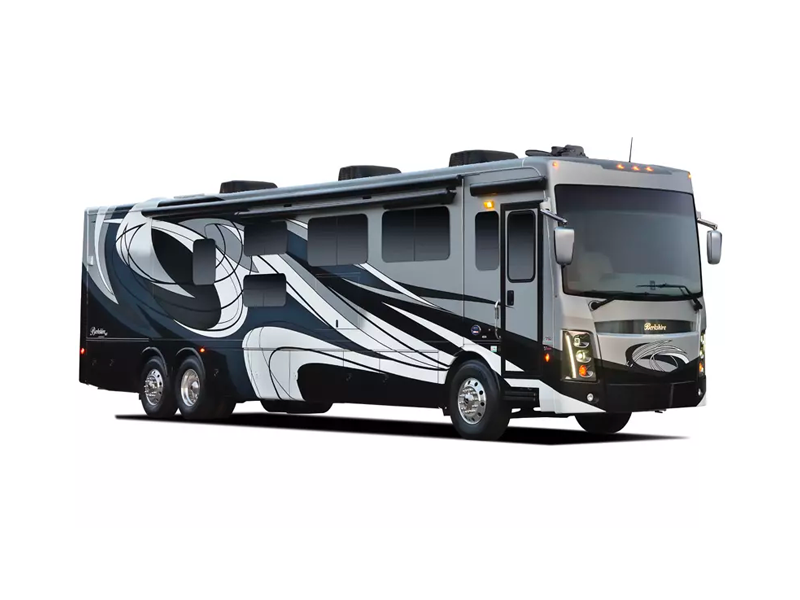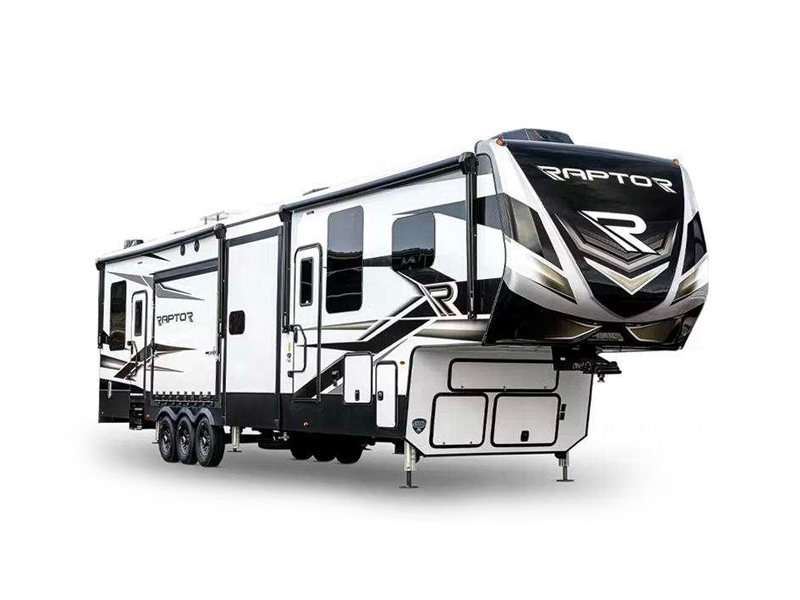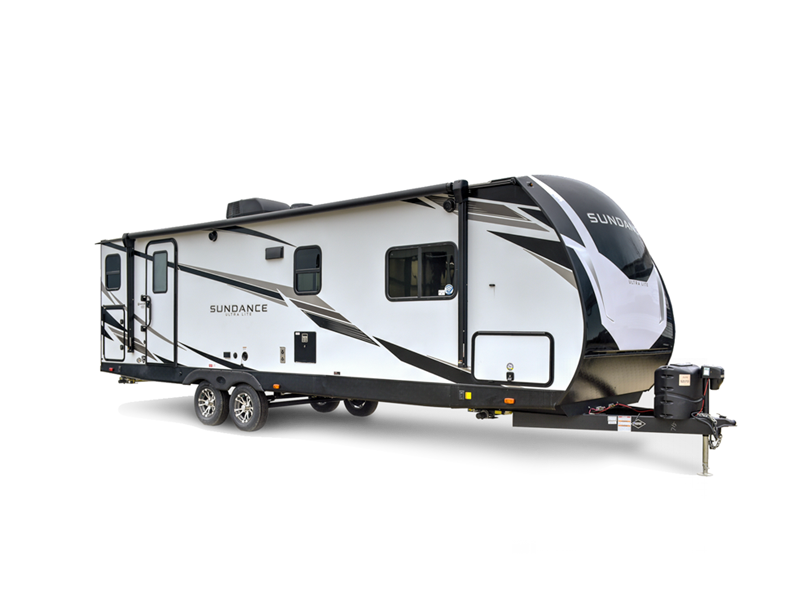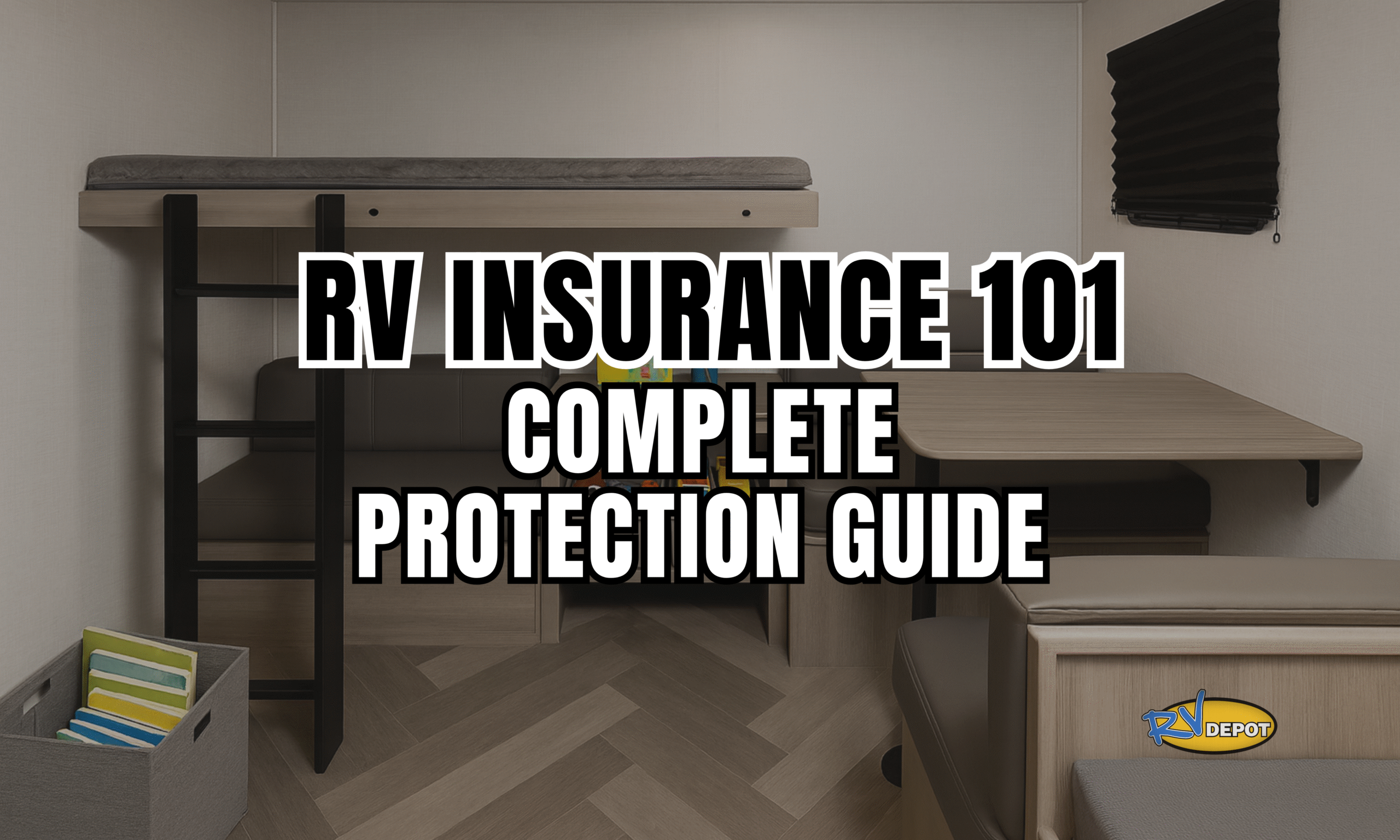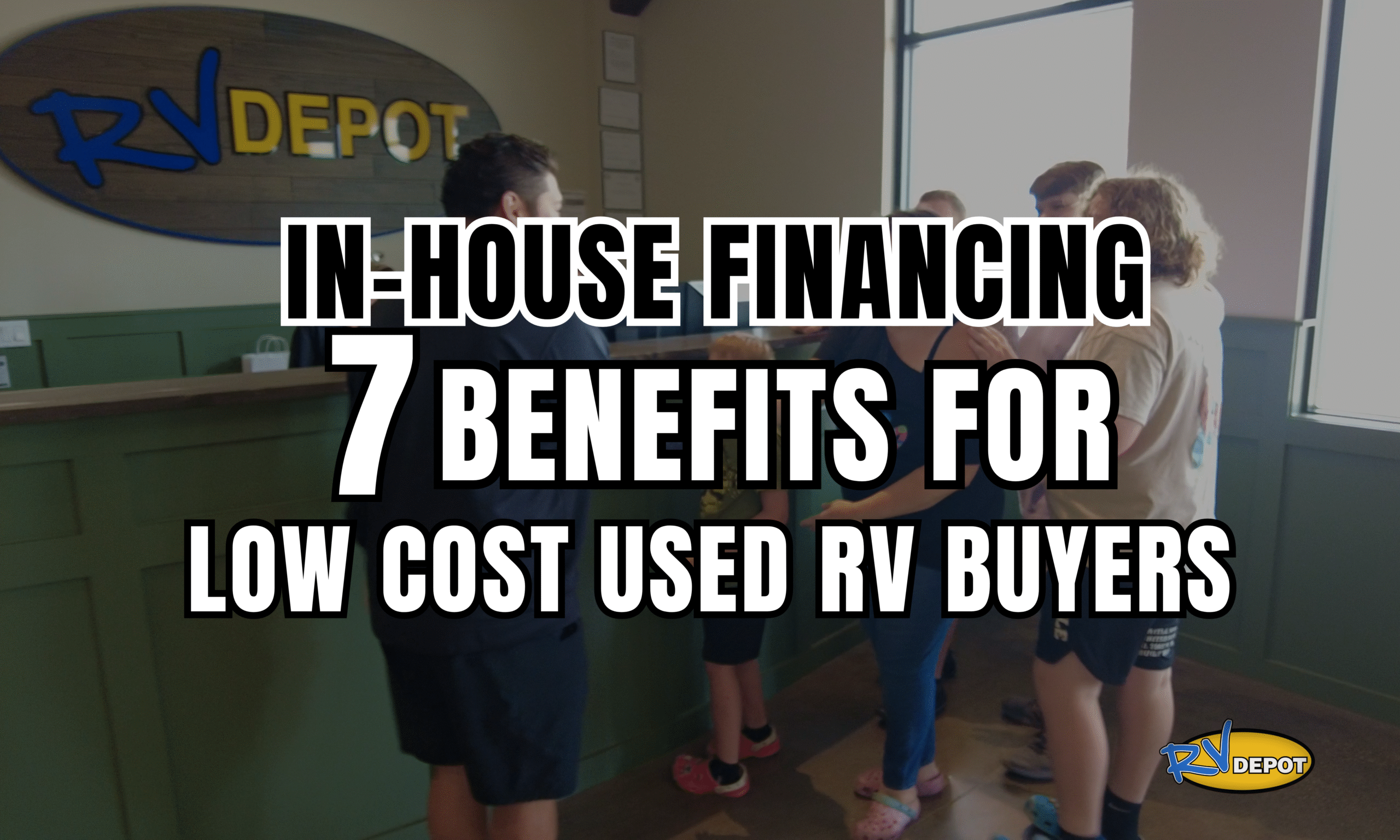When your RV is your home—not just a vacation vehicle—proper rv insurance becomes absolutely critical. For families using RVs as their primary residence to escape crushing apartment rents or rebuild after financial challenges, your RV represents everything: your shelter, your belongings, and often your largest asset all in one mobile package.
The stakes couldn’t be higher. Unlike traditional homeowners who can retreat to their house after a camping trip goes wrong, full-time RV residents have nowhere else to go. When disaster strikes your RV, it doesn’t just damage your vehicle—it destroys your home, displaces your family, and threatens everything you own simultaneously. A single hailstorm, accident, or theft can leave you homeless and financially devastated without proper protection.
Many new RV owners get confused about insurance requirements, especially when dealerships mention something called “CPI” or when they’re told they must have insurance before taking possession. The confusion often stems from trying to apply traditional auto or homeowner’s insurance knowledge to a completely different situation. Your RV isn’t just a car you drive occasionally, and it’s not a house that stays in one location—it requires specialized protection that most people have never needed before.
At RV Depot in Cleburne, Texas, we specialize in helping Texas families transition to full-time RV living successfully. After 30+ years helping customers understand RV insurance needs, we’ve seen what happens when families have proper protection—and the devastating consequences when they don’t. We know the difference between minimal coverage that gets you off the lot and comprehensive protection that safeguards your family’s security when your RV is your permanent home.
This comprehensive guide will walk you through everything you need to know about protecting your RV home: from understanding confusing dealer requirements to choosing coverage that actually protects your family’s unique situation. Because when your RV is your castle, insurance isn’t just recommended—it’s the foundation of your family’s financial security.

Why Dealerships Require Insurance
Legal Requirements: Texas law requires insurance on all motor vehicles, including RVs. You cannot legally drive any RV off a dealer’s lot without proving you have active insurance coverage.
Financing Protection: When you finance an RV, the lender has a financial interest in protecting their investment. They require comprehensive coverage to ensure the RV is protected from damage, theft, or total loss until the loan is paid off.
Liability Concerns: Dealerships face legal liability if they allow uninsured customers to drive RVs off their property. Insurance requirements protect both you and the dealership from potential lawsuits and financial disasters.
The Bottom Line: Dealerships don’t require insurance to make extra money—they require it because it’s legally mandatory and financially essential for everyone involved.

Essential RV Insurance Coverage for Full-Time Living
1. Full Coverage RV Insurance (What RV Depot Requires)
What RV Depot Requires for Financing: When you finance your RV through RV Depot’s in-house financing program, we require specific insurance coverage to protect both your investment and ours.
RV Depot’s Full Coverage Requirements:
- Comprehensive Coverage: Protects against weather, theft, vandalism, and non-collision damage Maximum $500 Deductible
- Collision Coverage: Protects against accident damage regardless of fault. Maximum $500 Deductible
- RV Depot as Lienholder: We must be listed as the primary lienholder on your policy
- 3 Months Paid in Advance: First three months of insurance premiums must be paid upfront
- Continuous Coverage: Insurance must remain active for the entire length of your loan term
Who Should Choose Full Coverage:
- Families living in their RV as their primary residence
- RV owners with significant personal property and belongings
- Anyone who wants maximum protection without managing multiple policies
- Full-time RVers who can’t afford gaps in coverage or out-of-pocket expenses
2. Comprehensive Coverage (Physical Damage)
What It Covers:
- Weather damage (hail, wind, flooding, lightning)
- Theft of your RV or items inside
- Vandalism or malicious damage
- Fire damage from any cause
- Falling objects (trees, rocks, debris)
- Animal collisions (deer, livestock)
Why It’s Critical for Full-Time Living: When your RV is your only home, comprehensive coverage prevents displacement and financial disaster from weather events, theft, or other non-collision damages.
3. Collision Coverage (Accident Protection)
What It Covers:
- Damage from accidents regardless of fault
- Single-vehicle accidents (hitting poles, barriers, ditches)
- Multi-vehicle collisions on highways or in parking lots
- Rollover accidents or driving mistakes
Deductible Considerations:
- Higher deductibles reduce premium costs
- Choose deductibles you can afford to pay immediately
- Consider your emergency fund when selecting amounts
4. Personal Property Coverage (Your Belongings)
What It Covers:
- Furniture, appliances, and electronics inside your RV
- Clothing, medications, and personal items
- Work equipment (laptops, tools, business materials)
- Recreational gear (bikes, fishing equipment, sports items)
- Food, supplies, and emergency equipment
Coverage Limits:
- Basic policies often limit personal property to $3,000-5,000
- Full-time RV coverage should include $15,000-30,000+ for belongings
- High-value items may require separate endorsements or appraisals
- Keep detailed inventories with photos and receipts
5. Roadside Assistance (Essential for Remote Areas)
Comprehensive Services Include:
- Towing: Up to 100+ miles to qualified repair facilities
- Emergency Repairs: Mobile mechanics for minor issues
- Lockout Service: Professional entry when locked out
- Tire Changes: Flat tire assistance including spare installation
- Jump Starts: Battery service and charging
- Fuel Delivery: Emergency fuel when stranded
- Winching: Recovery from ditches or soft ground
Why It Matters for Full-Time RVers:
- RVs break down more frequently than cars due to complexity
- Remote camping locations may be hours from services
- Large RVs require specialized towing equipment
- Professional service prevents additional damage from improper handling
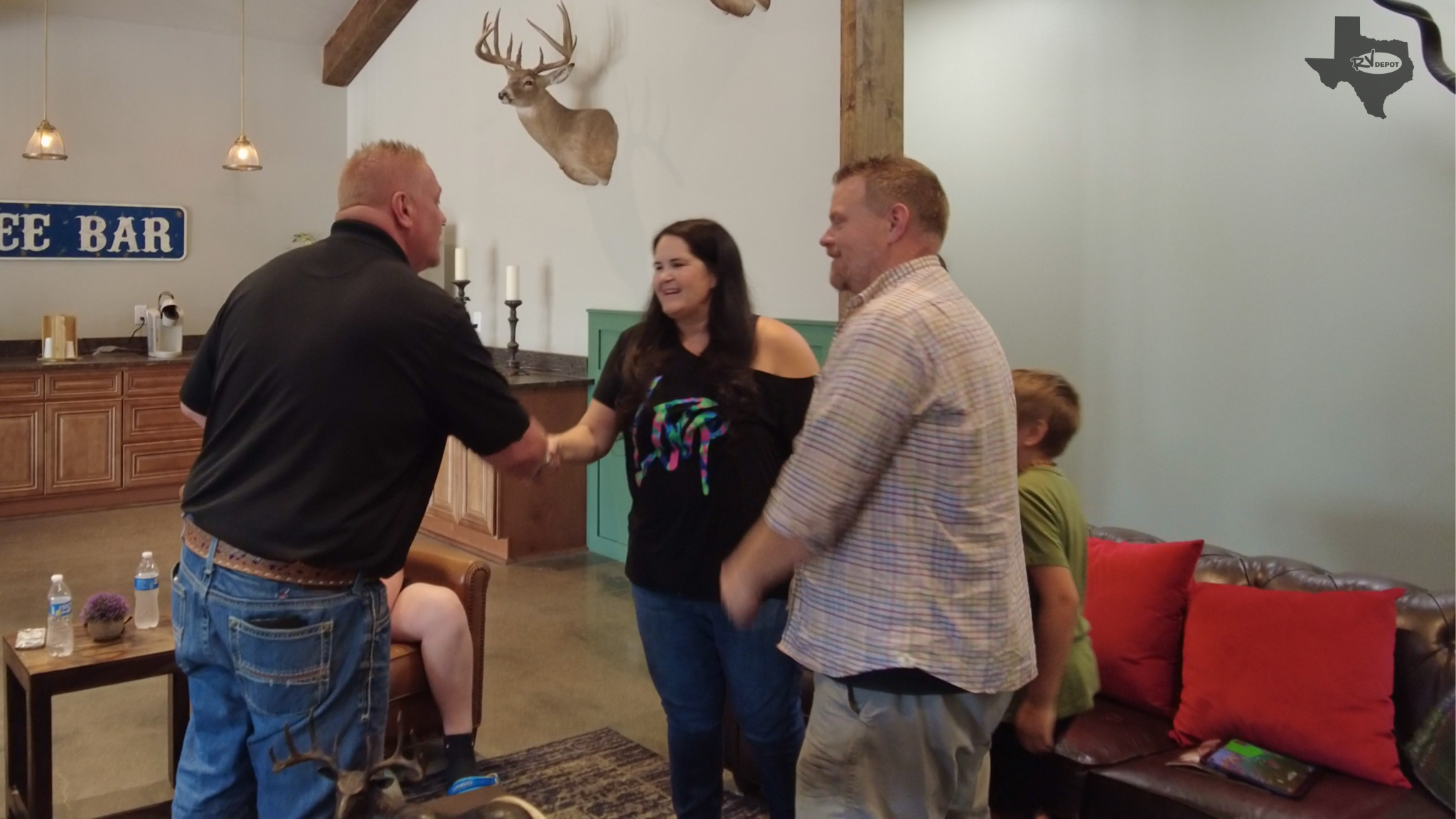
Why Real RV Insurance is Essential for Full-Time Living
Your RV is More Than a Vehicle
When you live in your RV full-time, standard auto insurance isn’t enough. Your RV serves multiple functions that require specialized coverage:
Your Home:
- Kitchen appliances and furniture
- Clothing and personal belongings
- Important documents and medications
- Electronics and work equipment
Your Transportation:
- Engine and mechanical systems
- Tires, brakes, and safety equipment
- Fuel systems and electrical components
- Exterior body and structural elements
Your Lifestyle:
- Outdoor equipment (chairs, grills, tools)
- Recreational items (bikes, fishing gear, sports equipment)
- Emergency supplies and safety equipment
- Solar panels, generators, and utility connections
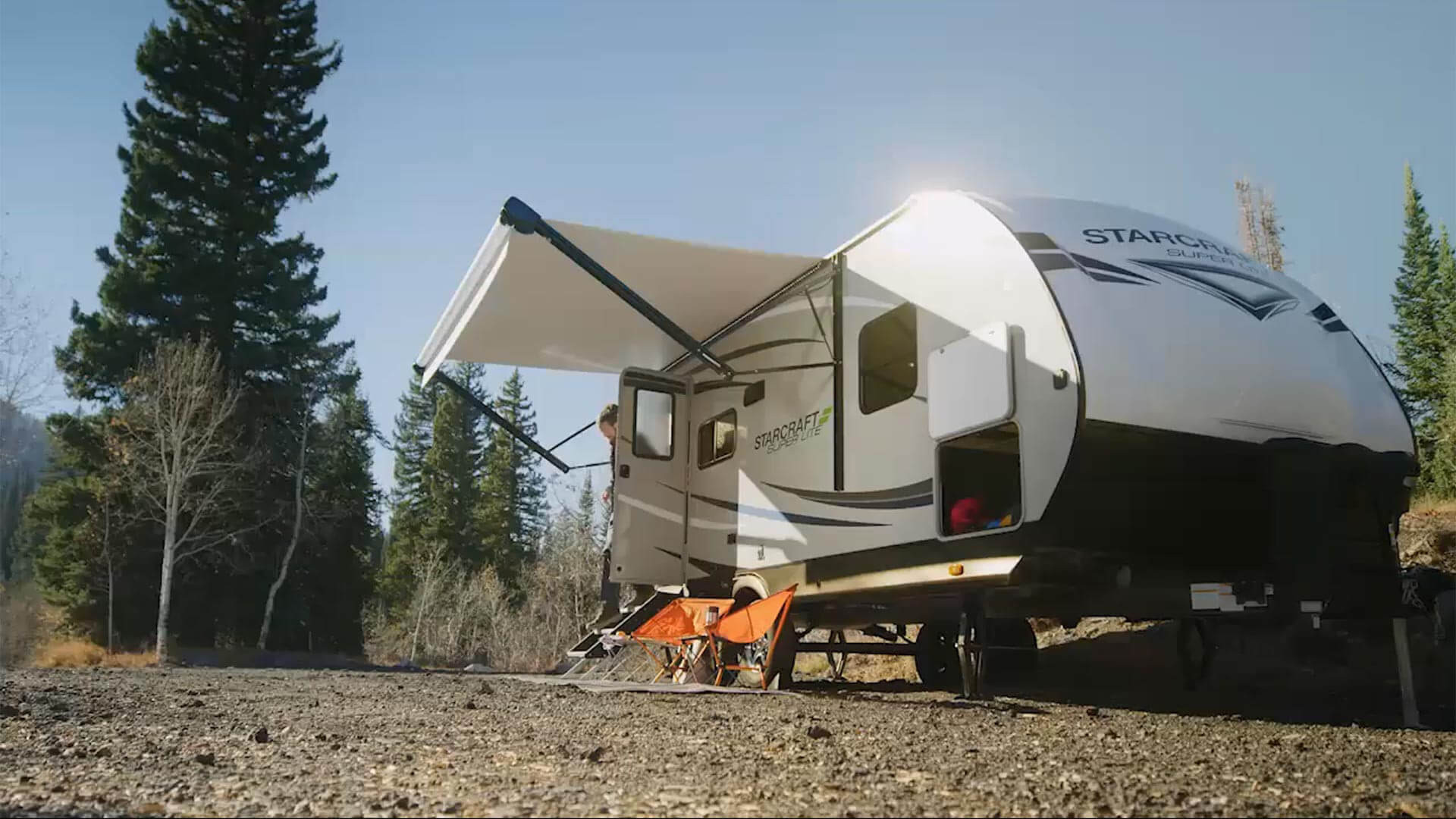
Understanding CPI: What It Is and What It Doesn’t Cover
What is CPI (Collateral Protection Insurance)?
CPI stands for Collateral Protection Insurance, and it’s important to understand that CPI is NOT real insurance for you—it’s protection for the dealership or lender, not your family.
How CPI Works:
- It only covers the dealership or financing company financial interest in the RV (the loan amount)
- You have zero coverage for personal belongings, liability, or living expenses
- CPI kicks in only if you let your real insurance lapse completely
CPI Does Not Cover:
- Personal property inside the RV
- Liability protection if you cause an accident
- Living expenses if your home becomes uninhabitable
 Special Insurance Considerations for Texas RV Owners
Special Insurance Considerations for Texas RV Owners
Weather-Related Coverage Needs
Hail Damage Protection: Texas leads the nation in hail damage claims, making comprehensive coverage essential for all RV owners. Hail damage to RV roofs often results in total losses due to structural damage and water infiltration.
Wind and Storm Coverage: High winds can cause significant RV damage even when properly secured. Coverage should include damage from flying debris, toppling, and structural failure from extreme weather events.
Flood Insurance Considerations: Standard RV insurance includes some flood coverage, but Texas flood risks may require additional protection. Understand policy limits for flood-related damages and consider supplemental coverage in high-risk areas.
Getting Started with RV Insurance
Gather Required Information:
- RV year, make, model, and VIN number
- Purchase price or current estimated value
- Your driving record and insurance history
- Detailed inventory of personal belongings
Determine Your Budget:
- Calculate what you can afford for annual premiums
- Consider the cost of various deductible options
- Factor insurance costs into your overall RV living budget
- Remember that adequate coverage prevents financial disasters
Maintain Current Coverage:
- Never let your policy lapse, even briefly
- Update coverage when you make RV modifications or improvements
- Review and adjust coverage annually as values change
- Report claims promptly and cooperate with investigations
Regular Policy Reviews:
- Annual reviews to ensure coverage still meets your needs
- Updates when you change RV living patterns or locations
- Adjustments as your personal property values increase or decrease
- Coordination with other insurance policies you may have
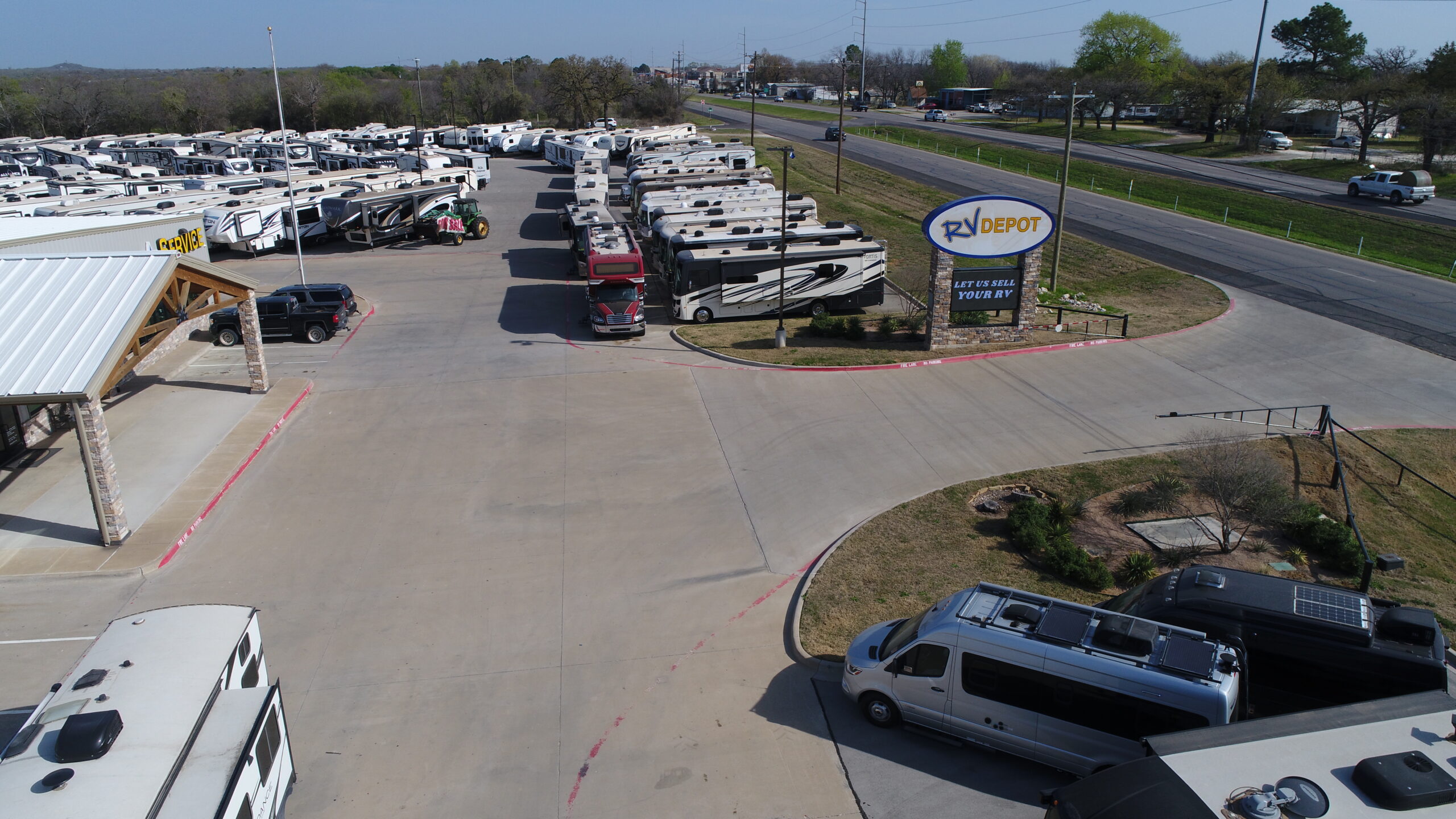
Why RV Depot Customers Choose Smart Insurance Protection
At RV Depot, we understand that your RV isn’t just a purchase—it’s your home, your security, and your family’s foundation. That’s why we take insurance education seriously and help every customer understand exactly what protection they need.
With over 30 years of experience helping Texas families achieve successful RV ownership, we understand that buying an RV is just the beginning. Proper insurance protection, ongoing education, and reliable support make the difference between RV ownership that enriches your life and RV ownership that creates stress and financial strain.
Ready to Protect Your RV Home?
Don’t let inadequate insurance put your family’s security at risk. Whether you’re transitioning to full-time RV living or have been on the road for years, proper insurance protection gives you the peace of mind to focus on what really matters—enjoying your life and freedom.
Visit RV Depot in Cleburne for Expert Guidance: 📍 4319 N. Main St, Cleburne, TX 76033
Speak with Our RV Experts: 📞(817) 678-5133 Learn More About RV Ownership: 🌐 rvdepottx.com
Why Choose RV Depot for Your RV Journey?
When you work with RV Depot, you’re not just buying an RV—you’re gaining access to decades of experience, honest guidance, and ongoing support that helps you navigate every aspect of RV ownership successfully.
Your RV is your home. Protect it like one. Contact RV Depot today to learn more about comprehensive RV insurance and how proper protection safeguards your family’s security and peace of mind.

